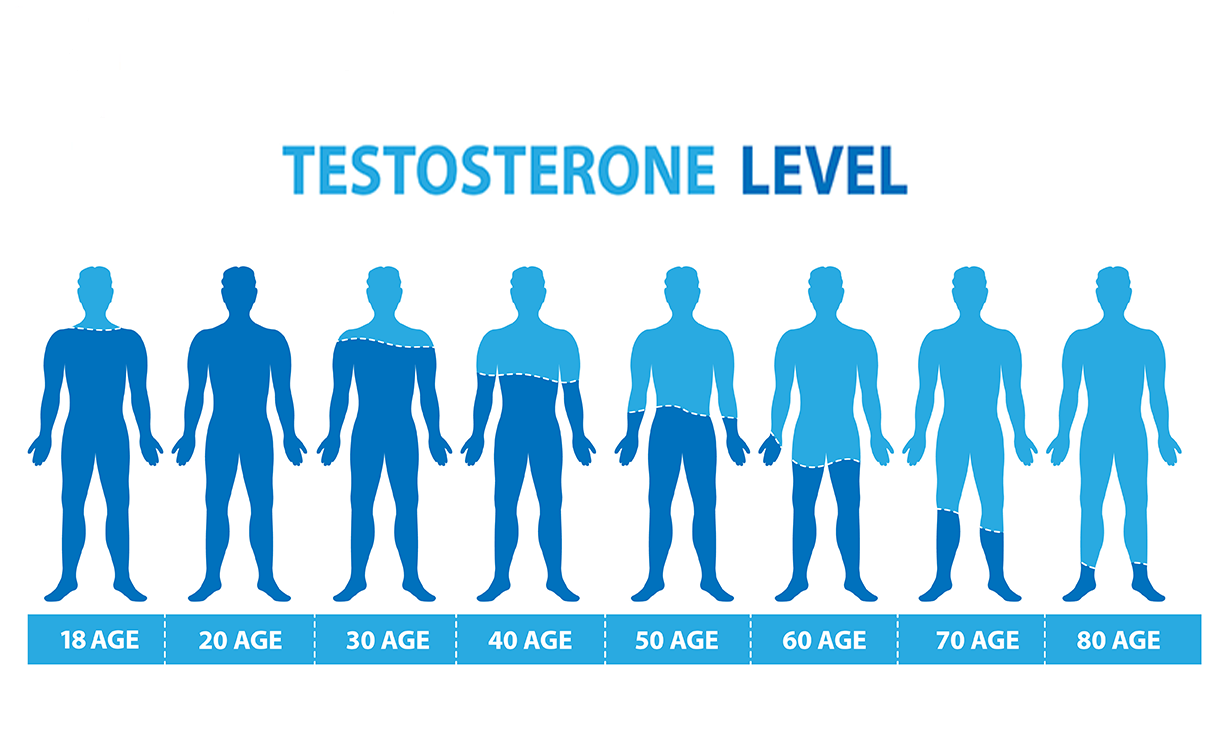
Testosterone Replacement Therapy (TRT) is a medical intervention designed to address symptomatic hypogonadism in men, a condition characterized by insufficient testosterone levels. Testosterone, a crucial hormone in male development and health, plays a pivotal role in various bodily functions, including the development of reproductive tissues, muscle mass, bone density, and overall well-being.

1. Increased Libido:
TRT has been shown to enhance libido and improve sexual function in men with symptomatic hypogonadism. By optimizing testosterone levels, individuals may experience a revitalized interest in and satisfaction with sexual activity.
2. Boosted Energy Levels:
Through its impact on energy metabolism, TRT aims to alleviate fatigue and enhance overall energy levels. This can lead to increased stamina, vitality, and a more active lifestyle.
3. Bone Density and Muscle Strength:
TRT has documented benefits on bone density, reducing the risk of fractures and promoting skeletal health. Additionally, it contributes to the preservation and development of muscle mass, enhancing physical strength and performance.
4. Cardioprotective Effects:
Research suggests that TRT may have cardioprotective effects, positively influencing cardiovascular health. This includes potential improvements in cholesterol levels, heart function, and overall cardiovascular well-being.

1. Low Libido (Reduced Sex Drive):
Individuals with low testosterone levels often report a diminished interest in sexual activity. TRT can address this symptom by optimizing testosterone levels, thereby improving libido and restoring a healthy sex drive.
2. Fatigue and Reduced Energy Levels:
Testosterone plays a crucial role in energy metabolism, and low levels can contribute to persistent fatigue, low energy, and a general feeling of lethargy. TRT aims to boost energy levels, promoting overall vitality and well-being.
3. Loss of Muscle Mass and Strength:
Testosterone is essential for maintaining muscle mass and strength. Individuals with low testosterone may experience muscle atrophy and weakness. TRT can help in preserving and building muscle, leading to improved physical performance.
4. Decreased Bone Density:
Testosterone is vital for bone health, and low levels can lead to reduced bone density, making individuals more susceptible to fractures and osteoporosis. TRT has been associated with positive effects on bone density, contributing to skeletal health.
5. Mood Swings and Irritability:
Hormonal imbalances, including low testosterone, can impact mood regulation. Symptoms such as irritability, mood swings, and a general sense of unease may indicate the need for TRT to restore hormonal balance.
6. Cognitive Decline:
Testosterone is thought to play a role in cognitive function, including memory and concentration. Cognitive decline, difficulty focusing, and memory issues may be addressed with TRT.
Testosterone Replacement Therapy (TRT) works by supplementing or replacing the deficient levels of testosterone in the body, aiming to restore hormonal balance and alleviate the symptoms associated with hypogonadism. The process involves careful evaluation, monitoring, and administration of testosterone to optimize levels.
It’s crucial to note that Testosterone Replacement Therapy should only be undertaken under the guidance of a qualified healthcare professional like Dr. Joe Cleaver and Mary Ann Coffey from Boutique Wellness,and the decision to pursue treatment should be based on a thorough evaluation of individual health and symptoms. Regular communication with the healthcare provider is essential throughout the TRT process to ensure optimal results and well-being.
Candidates for TRT are typically individuals experiencing symptoms of low testosterone and have confirmed low testosterone levels through blood tests. A healthcare provider will assess individual health status, medical history, and potential risks before recommending TRT.
When administered under the supervision of a qualified healthcare provider, TRT is generally considered safe. However, like any medical intervention, it is not without potential risks. Regular monitoring and adjustments are crucial to ensure the therapy’s safety and effectiveness.
TRT can be administered through various methods, including intramuscular injections, transdermal patches, gels, or pellet implants. The choice of administration depends on individual preferences, lifestyle, and the healthcare provider’s recommendation.
The timeline for experiencing results can vary among individuals. Some may notice improvements in energy, mood, and libido within a few weeks, while other benefits such as increased muscle mass and fat loss may take several months.
TRT can suppress natural testosterone production, which may impact sperm production. For individuals concerned about fertility, alternatives such as human chorionic gonadotropin (hCG) may be considered in conjunction with TRT to help maintain fertility.